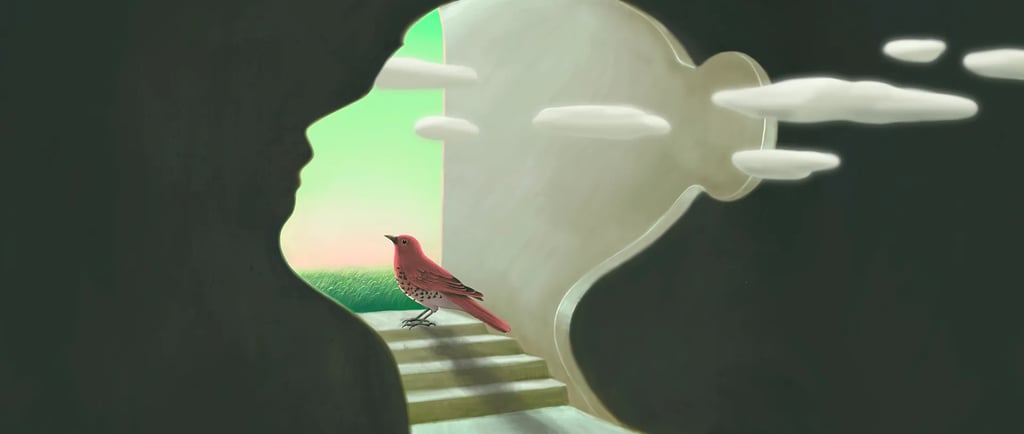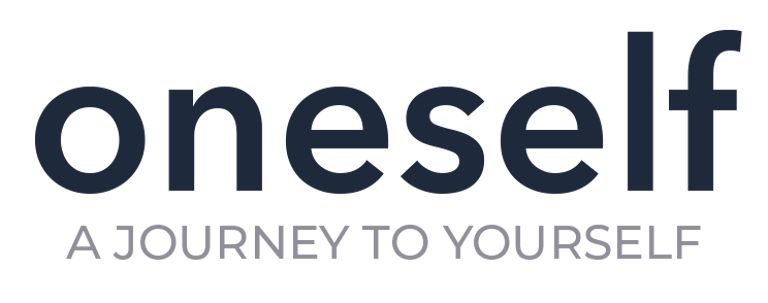Fear of Uncertainty
Learn why uncertainty sabotages trading. How constantly seeking certainty drains mental energy, leading to burnout.
TRADING PSYCHOLOGY
Ivan Gener
9/7/20252 min read


The fact that you are reading this post about uncertainty being your core weakness in trading is already a huge breakthrough. Most traders blame the system, the broker, the “market being manipulated,” but rarely do they look inward at their own patterns. And you are being self-aware of that it's not external. That’s the foundation of growth.
1. Why fear of uncertainty sabotages trading
Trading is uncertainty. Every trade outcome is unknown — but fear makes you want guarantees that don’t exist.
Over-analysis paralysis. You hesitate, add more indicators, wait for more “confirmation,” and often miss valid setups.
Rule-breaking. To escape uncertainty, you may cut winners too early or move stops because “what if.”
Emotional exhaustion. Constantly seeking certainty drains mental energy, leading to burnout.
2. The deeper layer: control & safety
Fear of uncertainty often ties to:
Need for control. Growing up, unpredictability may have felt unsafe → now uncertainty feels threatening.
Perfectionism overlap. You equate certainty with safety and worth.
Fear of loss. If uncertain, you fear loss is inevitable, so you avoid action.
Healing involves:
Redefining safety: “I am safe even when outcomes are uncertain.”
Trusting your system instead of your need for guarantees.
3. Long-term mindset shift
Uncertainty never disappears — it’s the essence of markets.
Professional traders don’t try to remove uncertainty, they build comfort with it.
👉 Certainty-seekers remain amateurs. Uncertainty-acceptors become professionals.
4. Reframing uncertainty
Uncertainty isn’t your enemy — it’s the nature of the game.
Uncertainty = edge. If outcomes were guaranteed, there would be no market to profit from.
Professional acceptance. Traders don’t eliminate uncertainty; they learn to operate calmly within it.
Probability thinking. A trade isn’t “right or wrong,” it’s “+EV or -EV” (positive or negative expected value).
👉 “My job is not to know. My job is to manage probabilities.”
5. Practices to reduce fear of uncertainty
(a) Pre-define trade outcomes
Before entering:
Write: “This trade may win, may lose. Both are acceptable. My edge plays out over time.”
Purpose: normalize uncertainty before emotions kick in.
(b) Uncertainty Exposure Practice
On demo or replay, take 10 trades without overanalyzing.
Accept that you will not know which win or lose.
Train yourself to execute despite not having certainty.
(c) Certainty Reframe Journal
When you feel frozen: write a quick log:
What certainty am I seeking right now?
Do I actually need it to follow my plan?
What would a professional do here?
(d) Breath & Trust Anchor
When fear rises before clicking:
Inhale 4s → Hold 2s → Exhale 6s.
Say: “I don’t need certainty. I need discipline.”
Try it out for one week and send us a message about your experience. We'd love to hear it!
👉 With our 1-on-1 session Seed of Deep Transformation, you’ll discover the patterns that trigger your fear — and how to break free.
✅ Action Plan: 1-Week Anti-Uncertainty Challenge
Each trade: write “I accept this uncertainty” before clicking.
Take 10 trades without waiting for extra confirmation.
Journal moments you froze due to fear, and how you re-centered.
End of week: review — how many trades did you avoid out of fear, and what did you learn?
⚡ Why this works:
You shift from outcome → process. By pre-defining uncertainty, you no longer measure success by “knowing,” but by executing your plan.
You train tolerance. Exposure exercises show you can survive not knowing, which lowers fear over time.
You build trust in probabilities. Journaling proves your edge works despite uncertainty — giving your brain evidence to calm down.
You weaken control addiction. Breath & anchor rituals remind you: control of outcomes is impossible, but control of behavior is power.
Oneself: A Journey to Yourself
Explore your inner self and enhance your trading.
© 2025 Oneselft. All rights reserved.
Legal
